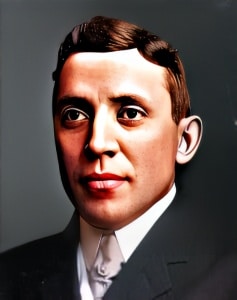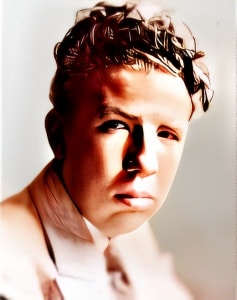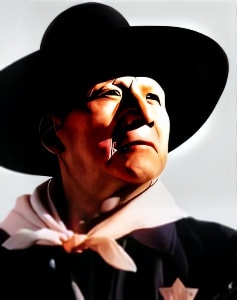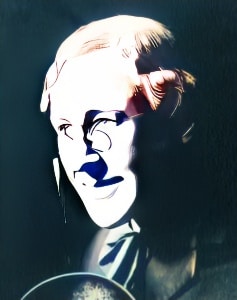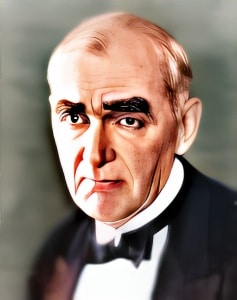 Claude Gillingwater, a prominent figure in the silent film era, left an indelible mark on the world of cinema with his memorable performances and remarkable career.
Claude Gillingwater, a prominent figure in the silent film era, left an indelible mark on the world of cinema with his memorable performances and remarkable career.
Born on August 2, 1870, in Louisiana, Missouri, Gillingwater’s journey in the entertainment industry spanned the formative years of film, witnessing the evolution of cinema from its earliest days. With his distinctive appearance and strong presence on screen, he became a sought-after character actor, adding depth and authenticity to various roles.
Gillingwater’s career began in the theater, where he honed his acting skills before transitioning to the world of silent film. His distinctive features, including his portly build and bald head, made him instantly recognizable on screen, and he used these characteristics to his advantage in a wide range of character roles.
One of Claude Gillingwater’s notable roles came in the 1921 silent film “ Little Lord Fauntleroy,” based on Frances Hodgson Burnett’s beloved novel. In the film, he portrayed the Earl of Dorincourt, a stern and initially unsympathetic character who undergoes a transformation, thanks to the influence of the titular character, Cedric Errol. Gillingwater’s portrayal was a testament to his acting versatility, as he convincingly portrayed the character’s transition from cold-heartedness to warmth and affection.
Gillingwater’s talent extended beyond his role in “ Little Lord Fauntleroy.” He played a wide range of characters, often appearing as a supporting figure who added depth and authenticity to the stories. His roles included playing fathers, judges, and authority figures, and his performances were marked by a combination of gravitas and humanity that endeared him to audiences.
One of the key attributes of Gillingwater’s acting was his ability to convey emotion and depth through his expressive face and physical presence, which was particularly essential in the silent film era when dialogue was absent. His performances demonstrated a keen understanding of the art of nonverbal acting, a skill that set many silent film actors apart.
Gillingwater’s transition from the theater to silent cinema was seamless, and his presence on screen was both commanding and endearing. He had the remarkable ability to connect with audiences and bring his characters to life, making them relatable and memorable.
Claude Gillingwater’s career spanned several decades, and he continued to work in film until the end of the silent era. His contributions to the world of cinema, particularly in the early years of the medium, have left an enduring legacy. While his name may not be as widely recognized today as some leading actors of his time, his body of work, characterized by his distinctive appearance and versatile performances, remains a valuable part of the history of early Hollywood.
In conclusion, Claude Gillingwater was a distinguished figure in the world of silent cinema, known for his versatility and strong on-screen presence. His memorable roles, including that of the Earl of Dorincourt in “ Little Lord Fauntleroy,” showcased his ability to convey complex characters and emotions. Gillingwater’s enduring legacy in the silent film era stands as a testament to his talent and the significant contributions he made to the early days of the film industry.
Loading live eBay listings...

